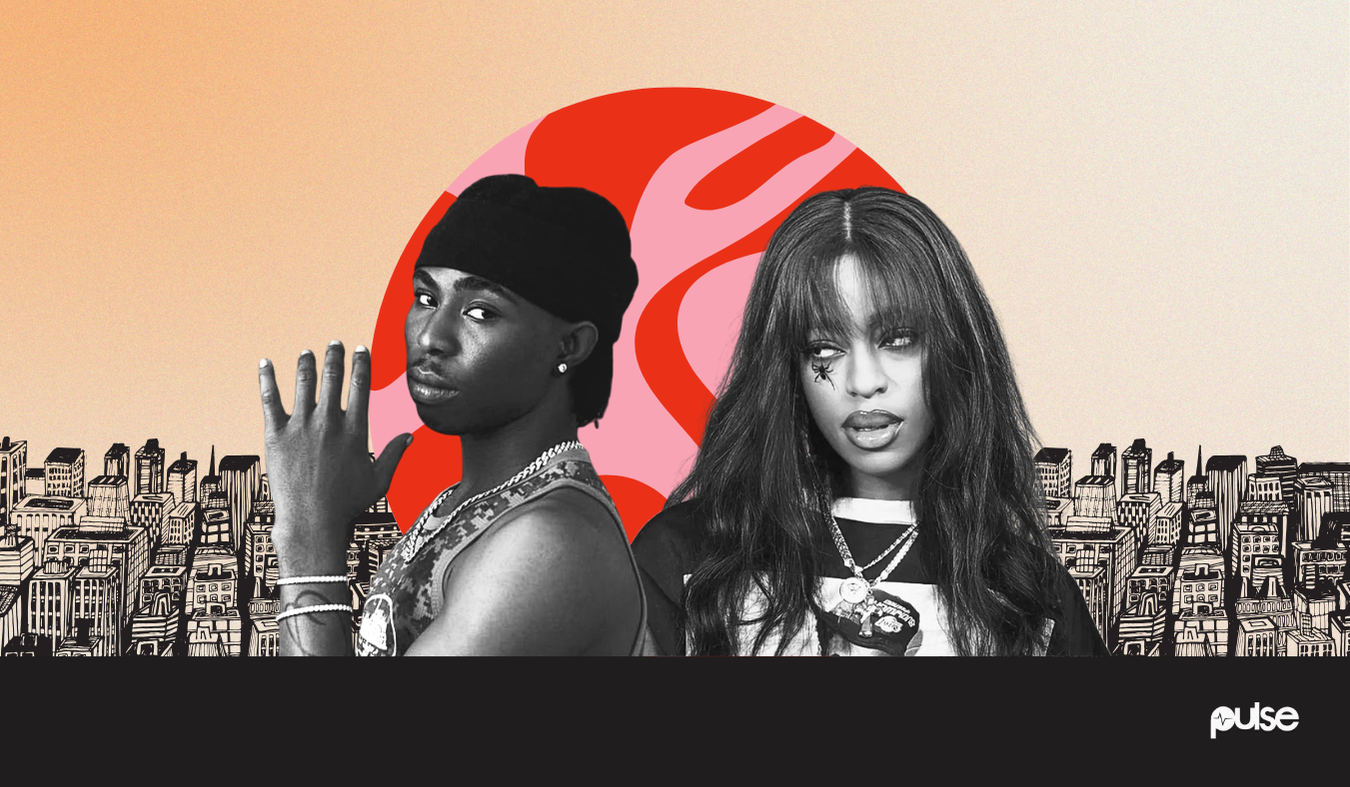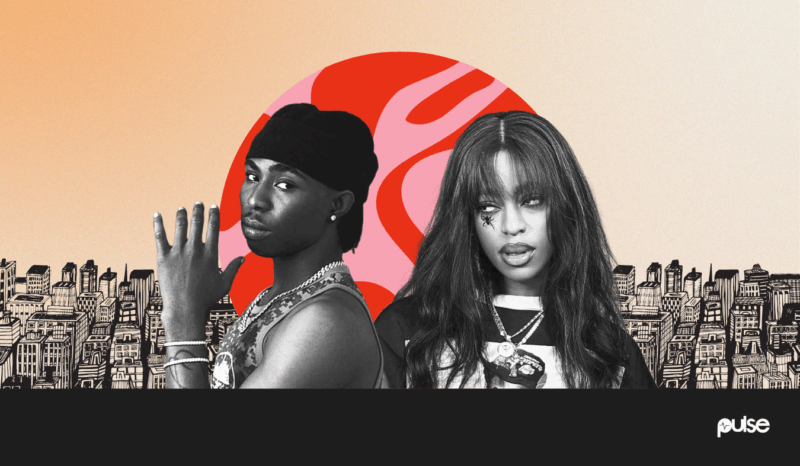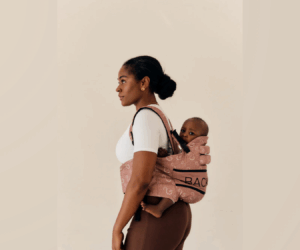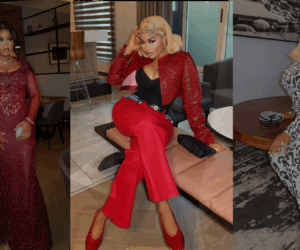
We’ve got a hot debate simmering on social media in the Nigerian music scene. And it’s not about who dropped the biggest beat or who wore the flashiest fit.
The ongoing debate sparked by photographer Rachel Seidu on X (formerly Twitter) is not a fan war. It is a vital conversation about the soul and economy of Afrobeats.
Rachel Seidu’s post was a direct response to a collage circulating on social media.
The future of Nigerian music is in safe hands. 🇳🇬 pic.twitter.com/OkzKc1ed8a
— T.U.E (@TheUpperEnt) October 23, 2025
This collage highlighted six rising male Nigerian artists: Mavo, Famous Pluto, Zaylevelvelten, Wave$tar, Egerthon, and Fola, labelling them as the “future of Nigerian music.”
Seidu’s post countered this narrative by arguing for the superiority of the female artist Qing Madi. And her argument immediately sparked debate about the value of critical acclaim (Madi) versus commercial volume (Fola).
On one side, you have the case of Qing Madi, who secured the prestigious Songwriter of the Year award at the 2025 Headies for her track “Vision,” a win that is critically acclaimed.
On the other, you have Fola, a fast-rising star whose commercial muscle is undeniable, boasting 3.3 million Spotify monthly listeners and an EP, Catharsis, which has already exceeded 100 million streams globally.
This is not just a case of comparing two artists. It’s a real question about what “success” even means in today’s Afrobeats scene. With the sound now travelling across continents, we have to ask ourselves: what really counts more? Respect from industry insiders, or millions of streams from fans around the world? The truth is, how we answer that question exposes some of the hidden biases that still shape our music.
Qing Madi’s Case: Craftsmanship and Range
Look, writing songs ain’t easy. And for Qing Madi to win ‘Songwriter of the Year’ award at The 2024 Headies means more than the trophy.
It means recognition from the people who know the game. The beat-makers, the lyricists, the executives. Not the trolls. Not the stream-bots. Real judgement. For the Nigerian music industry, this award category is non-voting. It is a win that validates the artist’s core skill: the ability to compose a meaningful, memorable, and commercially viable song.
She did it with “Vision”, a song praised for its lyrical depth and emotional punch. That particular record is an introspective R&B/Afropop fusion. Its success is rooted in its lyrical quality. The Headies win serves as an institutional stamp of approval for her foundational talent and is built for longevity.
She’s still young. At just 19 years of age, she’s already making waves in Nigerian music. Central to her appeal is her vocal range and command. Qing Madi possesses a soulful, clear soprano that can shift from the breathy yearning on tracks like “American Love” to the commanding, layered harmonies heard on her recent debut album, I Am The Blueprint. It is this range that allows her to handle emotionally complex songs with maturity, far beyond her age.
Critics and fans agree: Qing Madi is currently among the Nigerian artists making the best love songs currently. She captures the conflicting versions of love. She captures the ecstasy, the anxiety, the heartbreak, and ultimately, self-validation.
Her commercial metrics, while lower than Fola’s, are still impressive. As of October 2025, Madi maintains 1.9 million monthly listeners on Spotify, driven by hits like “Ole” and “American Love,” which both have over 41 million and 39 million streams, respectively.
Her career trajectory is built on the foundation of quality songs, backed by Sony Music’s Bu Vision, and amplified by her status as a Spotify EQUAL Africa Artiste.
In a space flooded with hype and clicks, Qing Madi’s win says: “Your pen game counts.”
Why Fola’s Streams Are a Big Deal
Now let’s turn to Fola. The numbers he’s posting are big, big. 10.66 million streams in the first week? For a debut Nigerian album? That’s milestone territory. And over 100 million streams after? Wild!
Fola and his peers represent the new face of “Afro-Adura” and Gen Z street-pop, a genre that thrives on direct fan interaction and high volume, fast-release culture. The metrics are self-evident. He currently boasts an impressive 3.26 million monthly listeners, signalling his expanding reach and mass appeal.
The foundation of Fola’s success strategy is audience size and momentum.
His Catharsis EP, released in September 2025, debuted at No. 1 on Spotify Nigeria and broke the record for the biggest first-week debut by a Nigerian newcomer, drawing over 10.66 million first-week streams
What does that mean? It means people across Lagos, London, and New York are playing his music. In today’s music world, especially with Afrobeats going global, streaming volume = currency. For many fans, the 3.3 million number is the only metric that counts. It proves popularity and financial success in a way that is easily understood and globally comparable.
The Gender Dynamics In Afrobeats
But hold up. There’s more under the surface. The root cause of this debate on X is the persistent gender dynamics in Afrobeats. Because, let’s face it, the industry doesn’t always play fair. When a male artist racks up huge streams, the world cheers “pop-king”. When a female artist wins a songwriter award, folks say “cool, good for her”.
Qing Madi might have the win. But Fola has the suite of numbers. Would it be the same conversation if a male songwriter won and a female streamer did the numbers? Maybe not so loudly.
This is not a dig at Fola’s talent, it is obvious the audience finds his music appealing.
But it begs the question: Would the Songwriter of the Year award for a male artist be regarded as a secondary metric? Most likely not.
When a male performer, such as Burna Boy or Rema, receives critical acclaim, it is interpreted as evidence of their worldwide success. However, when a female performer does the same, it is frequently viewed as a necessary counterbalance to their lower streaming numbers.
Female artists still face extra pressure to write, to sing, to shine, and to also “look the part”. Artistes like Qing Madi are redefining the sound, compelling the industry to value lyrical depth and craftsmanship over the conventional, fast-paced formula that frequently favours male artists.








